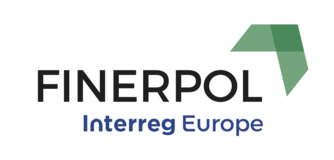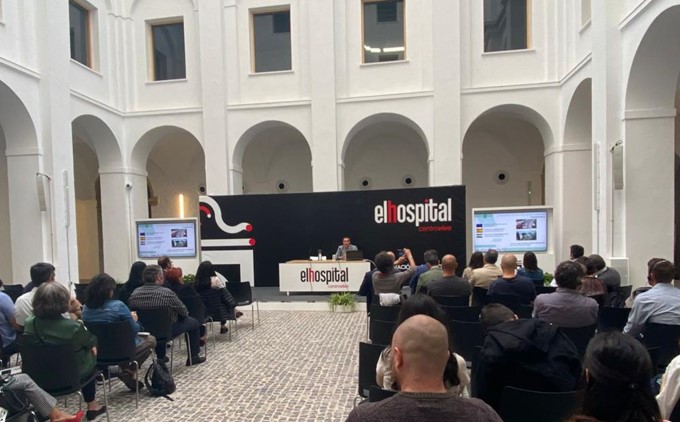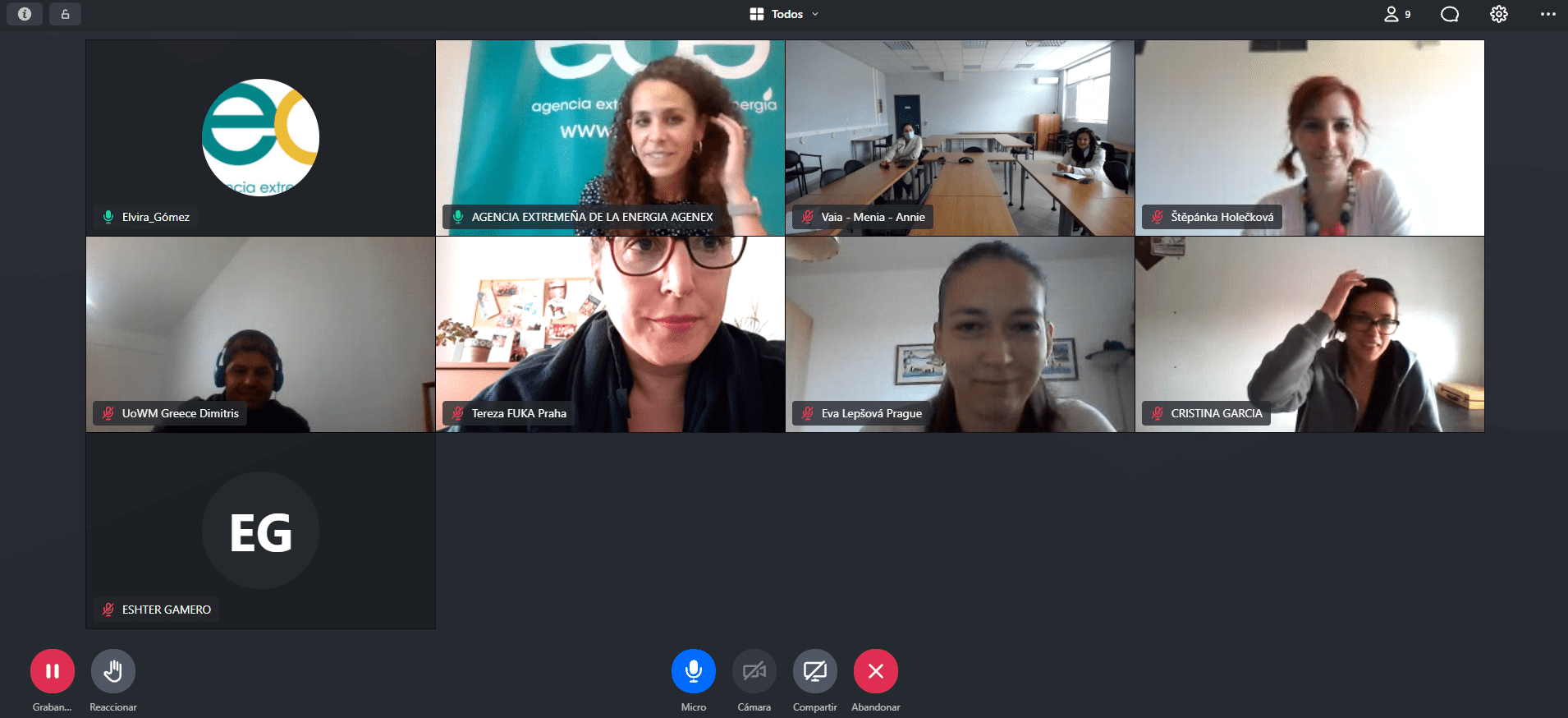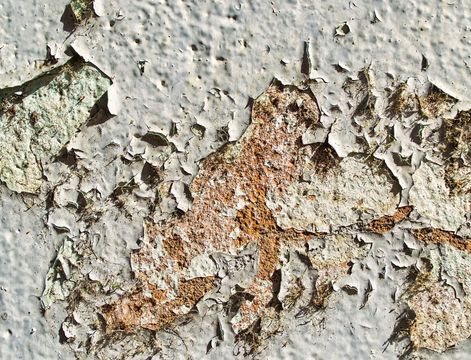The Western Macedonia University of Applied Sciences (TEIWM) arranged a meeting with the Managing Authority of the Regional Operational Programme of Western Macedonia (MA-ROPWM), Greece, for the 2nd phase of the FINERPOL project.
FINERPOL has entered the 2nd phase and monitors the implementation of its action plan, focusing on actions that can establish financial instruments for energy renovation projects. The action that is going to be influenced is the “Development or upgrade of district heating networks” and involves an amount of 3,5-6 M€. The influenced call of the ROPWM2014-2020 will support Pilot District heating projects “with the utilization of biomass and similar sources of energy for the use of Renewable Energy Technology in Public Buildings of small Municipalities of Western Macedonia”. The TEIWM is already supporting technically one municipality of the region in order to apply successfully to the aforementioned call.
On the 21st of February 2019, at 9.00 am, at the premises of the MA-ROPWM2014-2020, the team of TEIWM, consisting of Dimitris Stimoniaris, Dimitris Tsiamitros and Kostas Karamarkos, met with the Head of the MA-ROPWM2014-2020, Mr Charalampos Kiourtsidis about the anticipated call for RES-based district heating projects.
The Head of MA-ROPWM pointed out that the call will aim on Municipalities that do not have the potential to install district heating systems by conventional sources (the lignite-fired power plants). Therefore, the source must be Renewable Energy such as biomass by at least 50 %. The anticipated call will fully adopt the Action Plan of FINERPOL and require as a prerequisite of the applicant muicipalities the existence of a feasibility study of the district heating systems for the whole town (Public sector, commercial sector and households) and the existence of a financial instrument planning for the implementation of the system to the whole town. If the feasibility study shows that the system is viable, then the MA-ROPWM will give 100 % funding to the applicant municipalities that are going to set-up a pilot RES-based district heating system only for public buildings. The applicant municipalities have of course to obtain also the final study for the pilot system and prove that the pilot system can be expandable.









